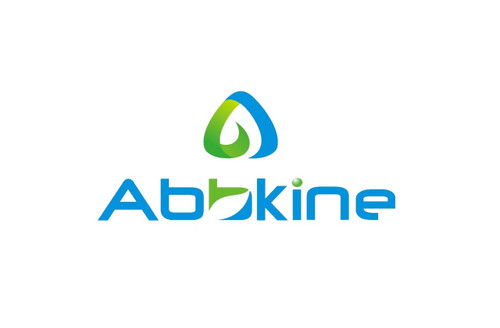Product Description
Human Heat shock factor protein 2 (HSF2) ELISA Kit | AE58541HU | Abebio
Species Reactivity: Human (Homo sapiens)
Abbreviation: HSF2
Alternative Name: MGC117376; MGC156196; MGC75048; heat shock factor 2
Application: ELISA
Range: 0.156-10 ng/mL
Sensitivity: 0.057 ng/mL
Intra-Assay: ≤4.9%
Inter-Assay: ≤7.1%
Recovery: 1, 02
Sample Type: Serum, Plasma, Other biological fluids
Detection Method: Sandwich
Analysis Method : Quantitive
Test Principale: This assay employs a two-site sandwich ELISA to quantitate HSF2 in samples. An antibody specific for HSF2 has been pre-coated onto a microplate. Standards and samples are pipetted into the wells and anyHSF2 present is bound by the immobilized antibody. After removing any unbound substances, a biotin-conjugated antibody specific for HSF2 is added to the wells. After washing, Streptavidin conjugated Horseradish Peroxidase (HRP) is added to the wells. Following a wash to remove any unbound avidin-enzyme reagent, a substrate solution is added to the wells and color develops in proportion to the amount of HSF2 bound in the initial step. The color development is stopped and the intensity of the color is measured.
Product Overview: HSF2, as well as the related gene HSF1, encodes a protein that binds specifically to the heat-shock element and has homology to HSFs of other species. Heat shock transcription factors activate heat-shock response genes under conditions of heat or other stresses. Although the names HSF1 and HSF2 were chosen for historical reasons, these peptides should be referred to as heat-shock transcription factors.Kallio et al. (2002) found that mouse Hsf2 was expressed in all 3 embryonic layers at embryonic day 7.5 and that the head fold was strongly stained at embryonic day 8.5. At later developmental stages, Hsf2 expression was progressively limited to the central nervous system. In adults, Hsf2 expression was detected in spermatocytes and spermatogonia, but not in elongated spermatids, spermatozoa, or Sertoli cells.
Stability: The stability of ELISA kit is determined by the loss rate of activity. The loss rate of this kit is less than 5% within the expiration date under appropriate storage condition. The loss rate was determined by accelerated thermal degradation test. Keep the kit at 37°C for 4 and 7 days, and compare O.D.values of the kit kept at 37°C with that of at recommended temperature. (referring from China Biological Products Standard, which was calculated by the Arrhenius equation. For ELISA kit, 4 days storage at 37°C can be considered as 6 months at 2 - 8°C, which means 7 days at 37°C equaling 12 months at 2 - 8°C) .
 Euro
Euro
 USD
USD
 British Pound
British Pound
 NULL
NULL








